We are proud to present the six institutions working on setting up the next generation Recharge Living Labs
Based in: Poland, Cieszyn, Srebrna 1 Street
The Serfenta Association has dedicated over 16 years to modernizing and revitalizing the basketry craft through an innovative business approach. The organization’s experts, Paulina Adamska and Łucja Cieślar, alongside business advisor Urszula Szwed, have developed their unique “Innovation Model of Craft Revitalization.” Their mission is to share, promote, and manage knowledge about intangible cultural heritage (ICH), addressing the challenge of the hermetic nature of traditional crafts, which are often accessible only to a select few.
Traditional crafts, including basketry, have historically been limited to small enclaves due to the laborious and time-consuming nature of the work. Recognizing the value and significance of these crafts, Serfenta has redesigned their services to make them widely accessible. Drawing from years of ethnographic research, they understand that handwork is a core skill that connects people and brings value to the modern world. Their “craft experience” program, successfully implemented since 2016, makes traditional crafts available to everyone by addressing contemporary needs such as rest, relaxation, and a desire to engage actively in tradition.
For 16 years, Serfenta has been committed to creating change in the cultural heritage sector through their Model of Craft Revitalization, which emphasizes "less products, more experience." While their expertise is rooted in basketry, they believe their model can be applied across various crafts and areas. Serfenta aims to make crafts accessible, modern, and appealing to younger generations, believing that the transmission of these skills is vital for the future of craft.
Serfenta recognizes the need for external expertise, advisors, and mentors to scale their ideas further. Their participation in the Recharge Next program is motivated by a desire to grow and achieve economic independence, improving the lives of those involved. As an NGO, Serfenta operates at the intersection of tradition and the modern market, ready to listen to market needs and expand their reach. They are not afraid to sell their services and aim to do so more effectively and broadly.
With a strong motivation to participate in Recharge Next, Serfenta's development strategy aligns perfectly with the program. From their beginnings in ethnographic research to their current efforts in connecting traditional crafts with modern audiences, they have developed a teaching method that attracts new participants to basketry crafts. They are prepared to scale and spread their methods, addressing the need to combine cultural heritage with the challenges of new technologies, AI, and digitalization. Serfenta seeks to leave behind the insular nature of traditional crafts and move into the future, creating a group of experts dedicated to developing new solutions for the craft and ICH sectors.

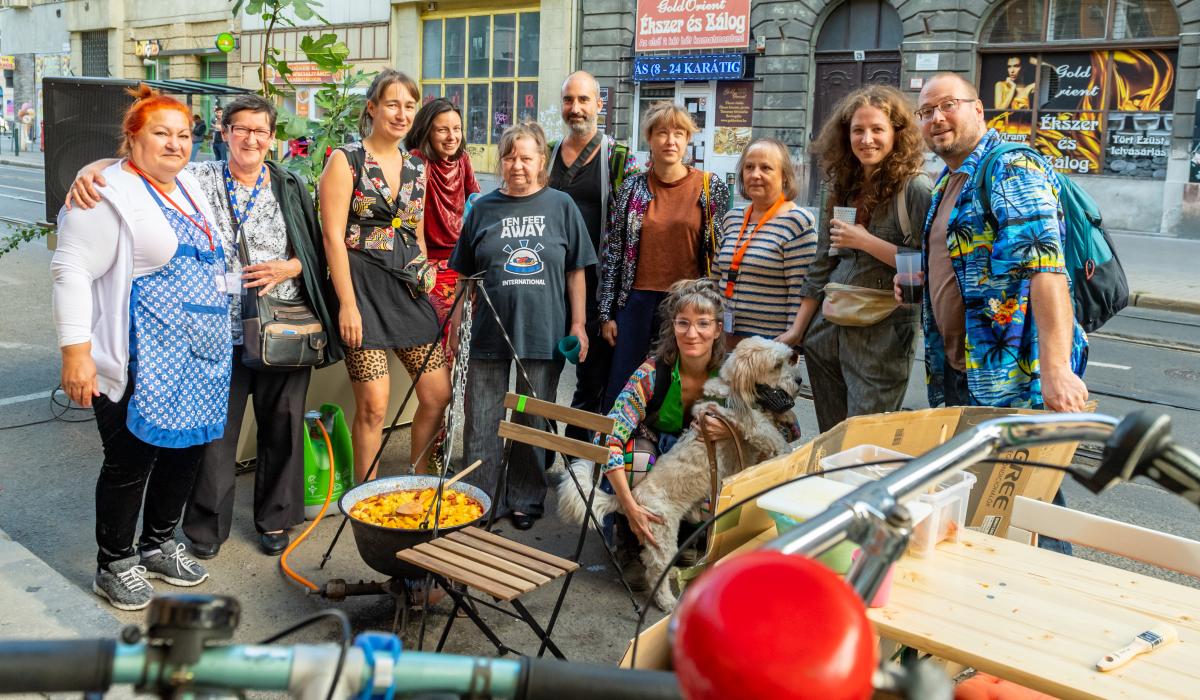
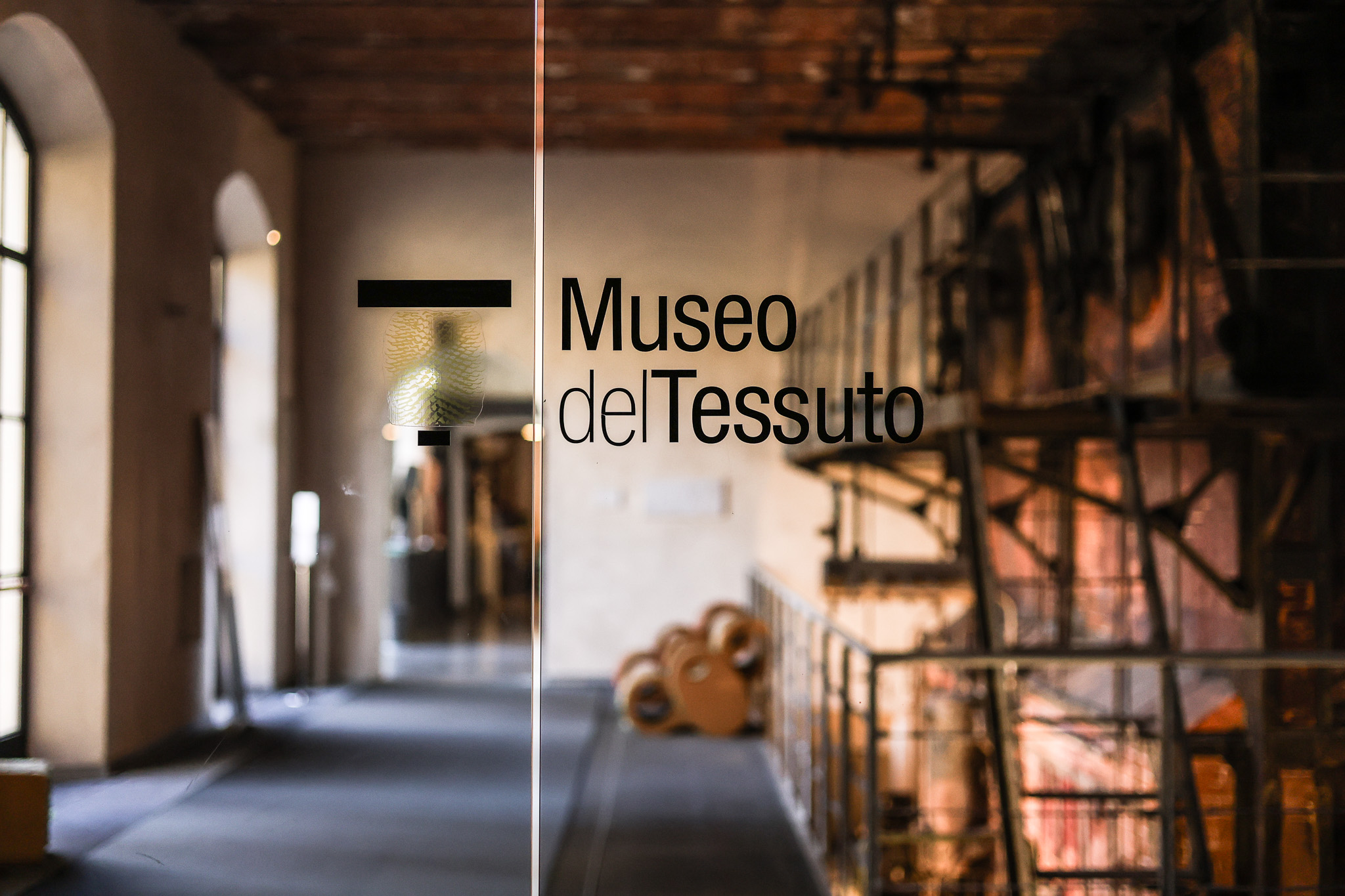
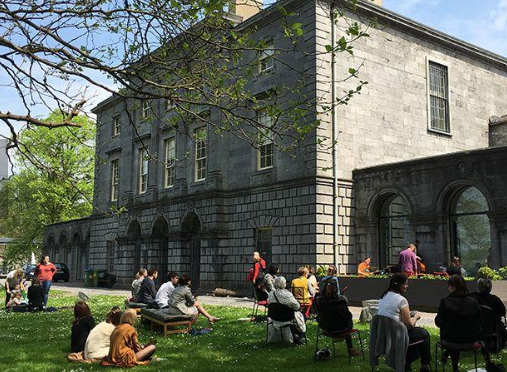
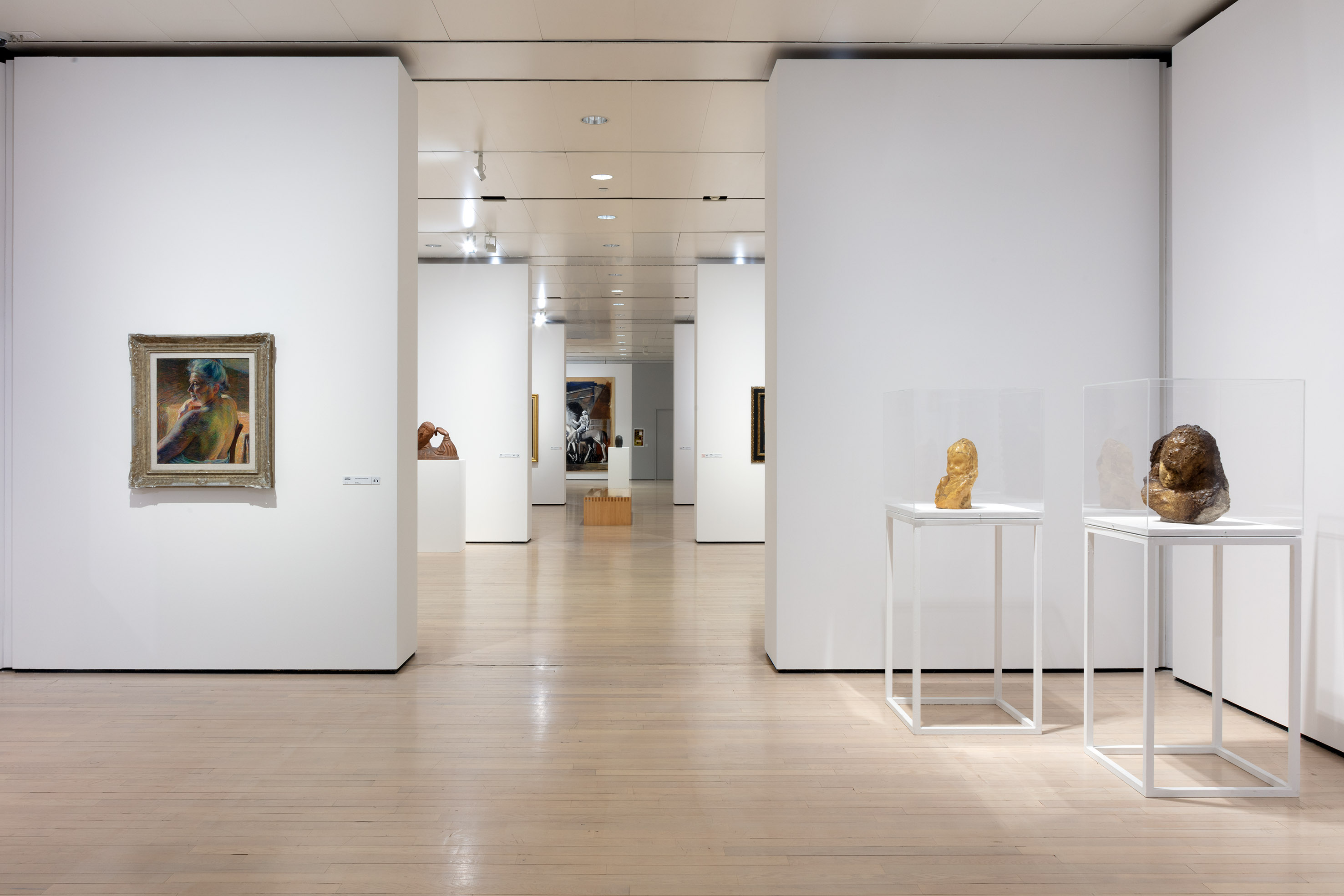
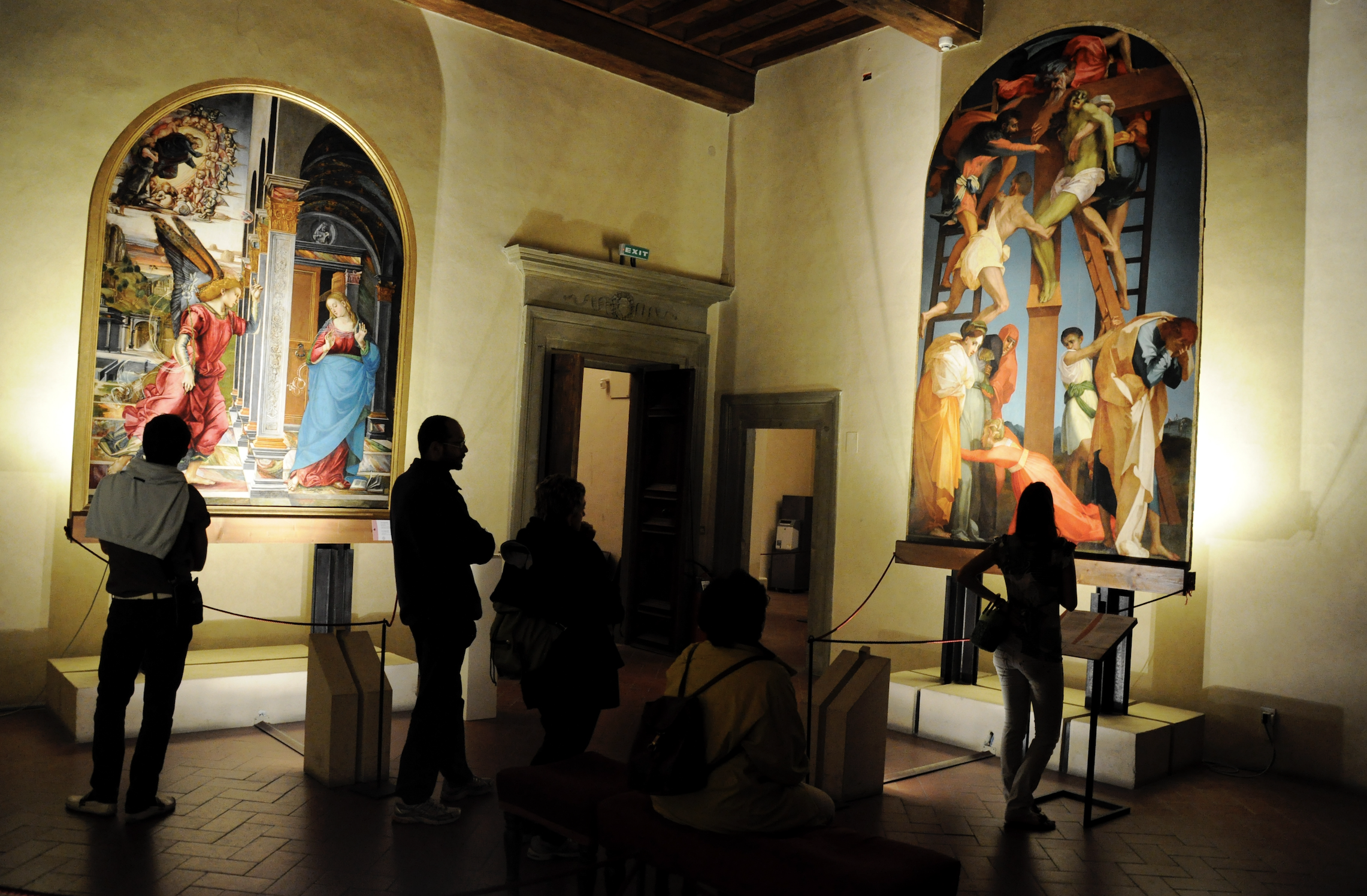
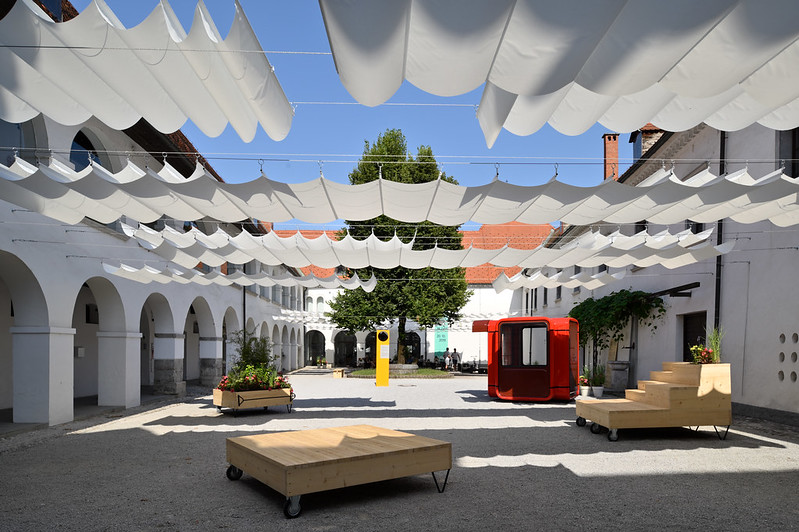
Share